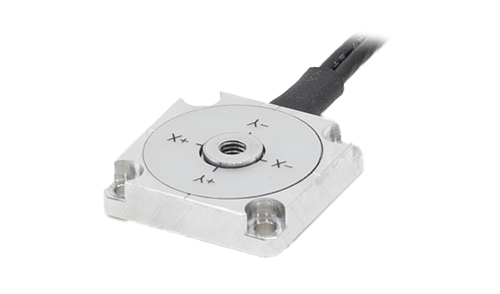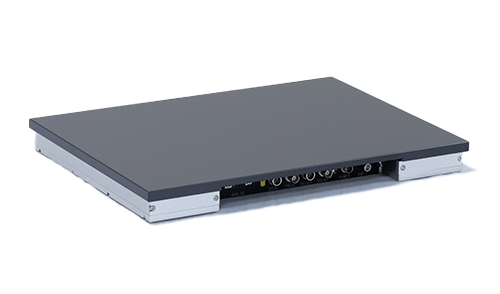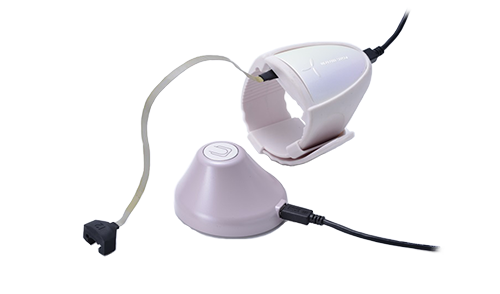Automotive/Mobility
-
Tech Gihan in the Automotive Industry
The automotive industry is currently undergoing a major transformation driven by electrification (EVs), autonomous driving, and the evolution of network technologies. Through various forms of measurement and analysis, vehicles are becoming safer, more eco-friendly, and more comfortable than ever before. Tech Gihan’s advanced sensor technologies are contributing to these developments across many aspects of automotive research and design.
-
Ride Comfort and Seat Evaluation
In addition to improving performance, recent automobile development has focused on in-cabin comfort and ride quality. As EVs and autonomous driving technologies advance, how people spend their time inside the vehicle and how they interact with the interior are changing. Accordingly, seat design must evolve to match these new lifestyles and ergonomic needs. Traditionally, measuring the three-dimensional shape of a seat under human load has been a challenge. Tech Gihan has overcome this with its Seat Tracer, which applies motion sensor technology to capture seat deformation and posture in 3D with high accuracy.
-
High-Precision Simulation of Isometric-Like Driving Movements
Understanding the occupant’s motion and posture is another key factor in ergonomic and safety evaluation. While traditional systems measured only one-axis load using pressure sensors, Tech Gihan integrates force plates and multi-axis load cells into seats to measure in detail how forces are distributed on the occupant’s body during various driving or seating conditions. By applying these force data to inverse dynamics calculations, engineers can significantly improve the accuracy of simulations related to physical load, posture, and comfort during driving.
-
Human–Machine Interfaces (Steering, Pedals, Levers, Switches)
Inside the vehicle, drivers perform numerous operations — steering, pedaling, shifting, and switching. To evaluate these actions from both ergonomic and comfort perspectives, Tech Gihan’s multi-axis force sensors can be embedded into each control system. This enables quantitative measurement of operation forces, supporting the design of more intuitive and user-friendly interfaces.
-
Automotive Components (Tires, Seat Belts, etc.)
A vehicle is composed of many critical components, and each requires precise testing. Tech Gihan develops custom test systems for sensitivity and durability evaluation of automotive parts. For example, in a seat belt locking sensitivity tester, we provide a complete solution — integrating force sensors, accelerometers, motor control systems, and dedicated software — to ensure reliable and repeatable testing for product development.
-
Expanding Beyond Automobiles: Mobility Applications
Force sensor technology is applicable far beyond the automotive field. Tech Gihan provides tailored measurement solutions for a wide variety of mobility platforms, including trains, construction machinery, agricultural equipment, aircraft, ships, and motorcycles. We adapt our sensor designs and control systems to meet the specific requirements of each mobility sector, supporting innovation across industries.
-

- Force Sensor / Amplifier / Interface
- Basic force measuring instruments including one of the world's smallest class of 3-axis force sensors.
-

- Force Plate
- 6 force components measuring platform that can be used for the measurement of walking, running or standing-up motion.
-

- Tactile & Texture Measurement
- Tactile and texture evaluations using our force or vibration measuring instruments.
